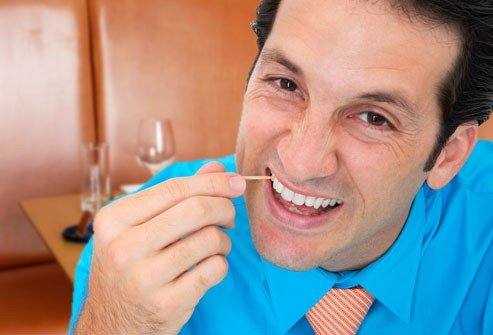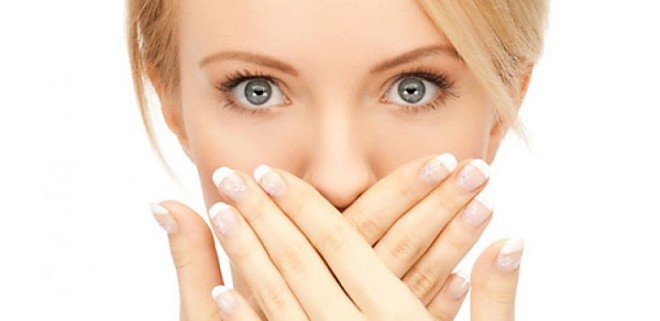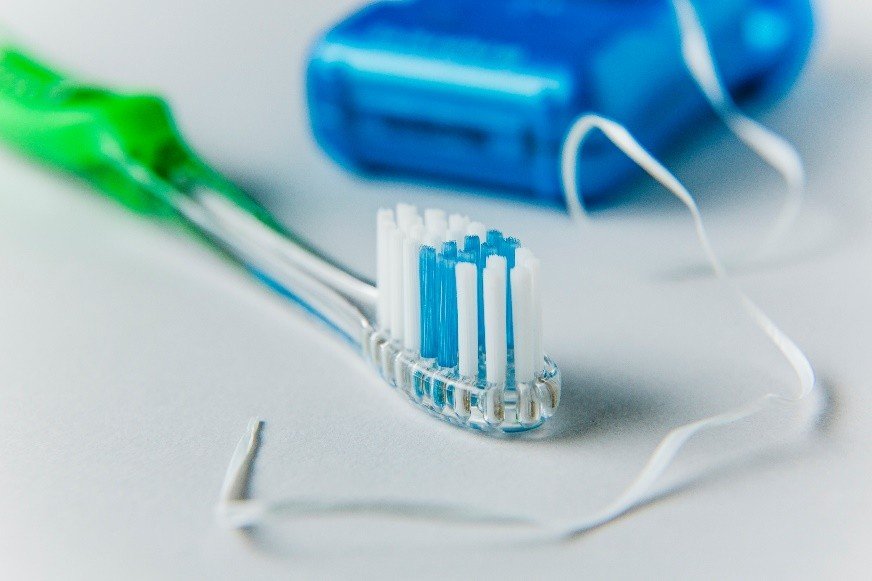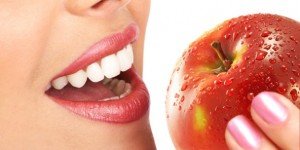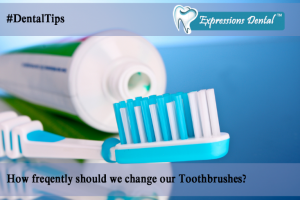How Can I Remove An Object Caught Between My Teeth?
This is a dental problem, which you can possibly fix yourself.
If you have a small object caught between your teeth, first try to gently remove the object with dental floss. If flossing doesn’t work, tie a knot in your floss and carefully place the floss between your teeth and pull the knot through gently.
If the above tips don’t work, place a toothpick in between the two teeth where the item is lodged. Push it in slightly so it stays in place and keep it there for a minute or two. This allows your teeth to move slightly. Push on the toothpick once more so the teeth will move a bit further and wait a couple of minutes again. Then remove the toothpick and try flossing again.
Remember, never use anything sharp or pointed objects like a pin around your teeth as it may cut your gums or damage your tooth.
You can also try swishing with warm water and brush again. This may dislodge the food. If you still can’t get it out, then contact a dentist for advice or to schedule an appointment.

